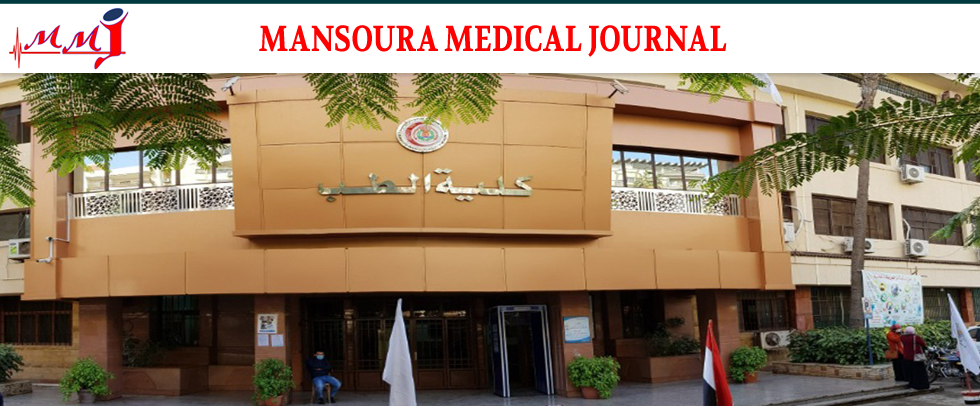Subject Area
Dermatology
Article Type
Original Study
Abstract
Introduction Psoriasis vulgaris (PV) is a multifactorial disease in which some environmental factors acting on people who have a particular genetic predisposition trigger immune dysregulation and irregular keratinization, inducing typical cutaneous lesions. Serum IgE levels are low in normal subjects, on the other hand they increase in atopy, parasitic infestation, and particular forms of malignant tumours. The aim of this study was to assess serum levels of total IgE in cases with PV. Methods This research was a case-control study and comprised 40 psoriasis cases and matched age and sex 40 healthy subjects. Complete general and dermatological examination comprised a PV evaluation by utilizing the Psoriasis Area and Severity Index (PASI) score. Serum levels of IgE were quantified in samples using enzymelinked immunosorbent assay (ELISA) kits Results Higher IgE level was significantly associated with nail psoriasis and psoraitic arthropathy (PsA). Topical and previous systemic treatment was significantly associated with higher IgE, while topical only was significantly associated with lower IgE. Higher IgE was considered as risk predictor of Psoriasis vulgaris susceptibility. Higher IgE was considered as risk predictor of higher PASI score. Conclusion Serum IgE could be used as promising indicator not only to evaluate gravidity of PV but also to follow up the therapeutic objectives.
Recommended Citation
Gooda, Sara A.
(2023)
"Total Serum Immunoglobulin E in patients with psoriasis vulgaris,"
Mansoura Medical Journal: Vol. 52
:
Iss.
2
, Article 8.
Available at:
https://doi.org/10.58775/2735-3990.1390
Creative Commons License

This work is licensed under a Creative Commons Attribution 4.0 International License.


